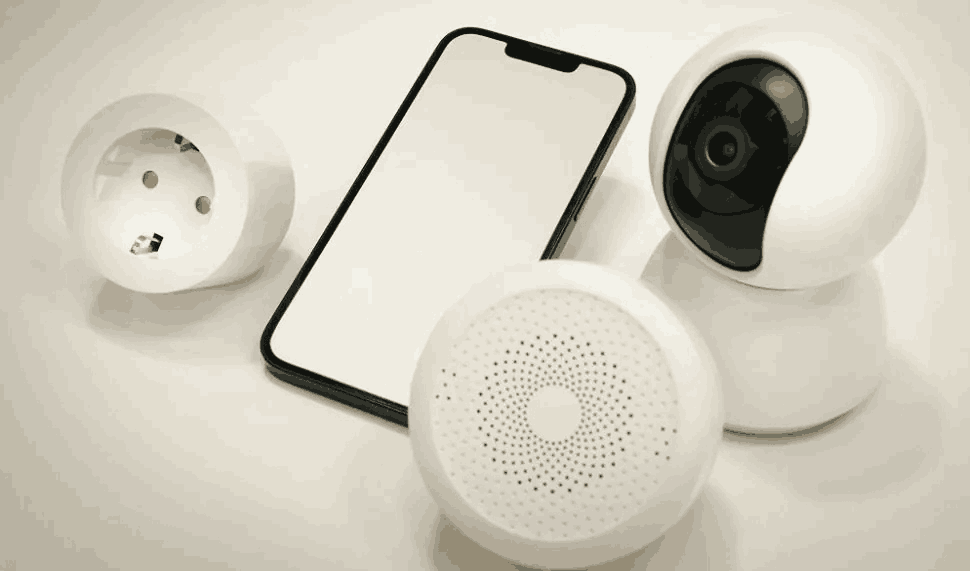Wireless vs. Wired Home Security Cameras: Which is Best for You?
Wired vs wireless security cameras have their specific benefits when it comes to deployment and overall security, but these modern solutions do come with their setbacks, which one should talk about. The following breakdown provides certain pros and cons and the major differences between a wired and wireless surveillance camera. The following breakdown highlights the key differences between wired and wireless surveillance cameras, especially for homeowners and businesses in the USA.
Cut the Cord or Stay Wired? Choosing the Right Home Security Camera
Wired cameras are a traditional way of monitoring the ongoing movements around your location, While they are tethered to provide a reliable and stable connection that is easy to power them up, this somehow, on the other hand, limits their flexibility and is more intensive to plug and play.
Stable connection: A wired camera is usually plugged into the network; it generally maintains connectivity better than the WiFi connection since it is connected directly, leading to more stable footage and consistent transmission and communications.
Constant power: As long as the electricity is coming directly from the grid station without any interruptions, the security camera will keep on running.
Installation: Installing a wired security camera can be a hassle, wiring needs to be perfect, which means that you may be limited in terms of where you can place each camera. This can also determine where the organization places its cameras.
Flexibility: A wired camera is subjected to a specific location and is unlikely to ever move it; once it has been installed, it’s going to be there for a long period. This somehow limits your flexibility to a certain extent if, in case you want to change anything or want to install a particular camera in a different location upon renovation.
Older technology: The majority of the wired security cameras that you see are running on cutting-edge technology, but some models are still stuck in the past. In contrast, WiFi surveillance cameras are new to the market and are more likely to fulfill all modern requirements, such as remote viewing.
Wireless camera
Wireless security cameras have more freedom than traditional ones, as they don’t require a wired network; instead, they operate over a wireless network, pretty much like a smart device in your home. This makes them easy to set up and operate from pretty much anywhere. But that doesn’t mean that you won’t face challenges.
Easy installation: WiFi security cameras can be installed quickly and effortlessly in most modern buildings. There’s no need to run new network cables through walls or ceilings; simply place the camera anywhere with a nearby power source. This makes it particularly convenient to mount a single camera outside your building or near an entryway that hasn’t been wired for connectivity.
Flexibility: Like deployment, WiFi security cameras are easy to relocate. If your surveillance needs shifting and you want to adjust your setup or expand your camera network, simply mount the devices in a new location for quick reconfiguration.
Portability & Connectivity: WiFi security cameras offer flexibility beyond the building, allowing quick redeployment to outdoor areas like parking lots or event venues with minimal effort. While wired connections are typically more stable, optimizing the placement of wireless access points can help minimize disruptions. A well-maintained network should remain reliable, though wireless devices are more prone to connection issues or interference than wired setups.
Final thoughts
Choosing the right security camera depends on your specific needs. Wireless cameras, including security cameras for smartphones, are ideal for temporary home installations due to their easy setup and flexibility. Ultimately, the best camera for any application is the one that aligns with your specific needs and use case. WiFi or wireless security cameras are perfect for temporary home installations, while wired security cameras are more suitable for commercial settings that demand reliable, continuous recording. Moreover, you can check out reviews of the best home security cameras, which can be easily operated from anywhere.




















